Despite the fact that the internet is lousy with grip-and-grin shots with snowy shores lurking behind the angler, I'm often shocked to hear how many fly fishermen consider wintertime 'tying season'. In other words, the waders, boots, rods and reels get stowed for the season, and the vice gets a workout. It is as if these anglers imagine that trout spend their winters in hibernation, rousing in the spring when the hatches start to go off. Of course this is not the case, trout feed throughout the winter, albeit at a slower pace than they do in warmer seasons.
So, rest assured, there are trout to be caught all year long. Whether the temperature is 40 degrees or 14 degrees, trout will be feeding. Air temperature will almost certainly play a larger role in whether you decide to leave warm, dry confines of your home than whether or not the trout are feeding. However, despite the fact that fish will feed and take flies throughout the winter, there are definitely changes in a fish's behavior as winter and its cooler temperatures takes hold, and the angler should adjust his or her approach accordingly.
Low and Slow
You've likely heard this before. But, just because I'm not the first one to say it, doesn't mean it doesn't warrant repeating. The reason this turn of phrase is so often repeated is that it is proven, good advice. The primary change in, for instance, a trout's behavior as cold winter conditions is that their metabolism slows as water temperatures drop. As such, they are less active and require less food. Due to their decreased activity and appetite, trout will seek out deep, slower moving water that still delivers food to meet their (albeit reduced) needs. Spend the majority of your time nymphing, working slowly and methodically through deep pools.
It is worth noting that, despite all this talk about trout feeding all winter, activity drops as temperature drops. So, while opportunities are available all winter long, keep in mind that the opportunities will be better after a string of 30 degree days than they will after a string of 10 degree days.
Fish the Likely Spots
As mentioned above, a trout's decreased winter metabolism will cause it to seek out deep, slow moving holding water. While trout may hold in this water throughout the year, trout will overwhelmingly congregate in these areas during cold winter temperatures. Skip fast moving riffles or shallow water (typically less than 3 feet deep) that might be productive during warmer months as trout have likely abandoned this water during frigid winter conditions.
Exceptions to seeking out deep, slower moving water -- and also excellent places to seek trout during the winter months -- are springs and tailwaters. Tailwaters and streams with a dominant or entirely spring derived water source have a very small annual temperature range, and thus their resident fish are not subjected to as significant of a temperature swing as trout in freestone streams. As a result, their behavior is more consistent throughout the year. These streams can offer up some of the best winter fishing opportunities.
In streams with mixed freestone and spring influences, springs can be fishing hot spots. Springs are often identifiable by reduced or melted snow on banks, green aquatic vegetation visible below the surface or -- if you're lucky -- by all the fish that are congregating around them. Seek these spots out as well.
Sure, rules are meant to be broken, so never be afraid to experiment. Still, keeping these two guidelines in mind when you head out in chilly winter conditions should help up your chances for success.




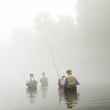
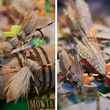
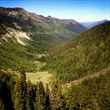
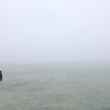
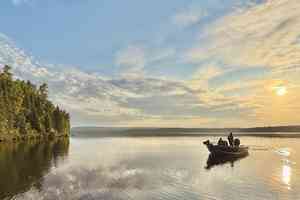


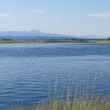
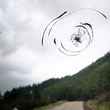
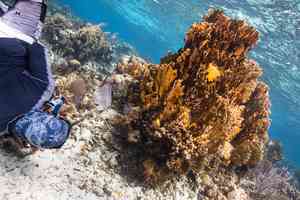

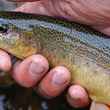
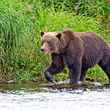




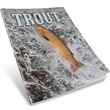



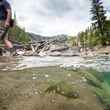
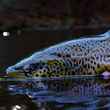
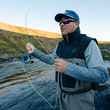

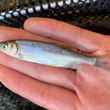
Comments
Mike Sepelak replied on Permalink
Colin, I'm quite sure that you are mistaken. There's no fish to be caught during the winter months. (Waves hand, Obi Wan style.)
So please, everyone, stay in your houses until spring and tie flies to your heart's content.
Thank you.
Chad Shmukler replied on Permalink
Yep. Nothing to see here. Move along.
D.A. replied on Permalink
These are not the trout you are looking for.
DDon replied on Permalink
I drop my bug sizes by probably 2 sizes in the winter ... even though the trout are lethargic and it seems like they'd only move for a big meal, i find i do much better w/ smaller flies.
Aileen Lane replied on Permalink
For sure you need more patience - winter fly fishing is when I get out the size 22-24 midge. But, any day fishing is a good day. =)
Michael Lenetsky replied on Permalink
I have to agree with some of the previous comments, stay home and indoors in the winter. Do not fish your local rivers and streams. There are no fish to be caught.
James savstrom replied on Permalink
Keep that gear stowed, no need to even think about it!
Sean McAuliffe replied on Permalink
Slow and low - tiny midges = big rainbows in winter!
Pages